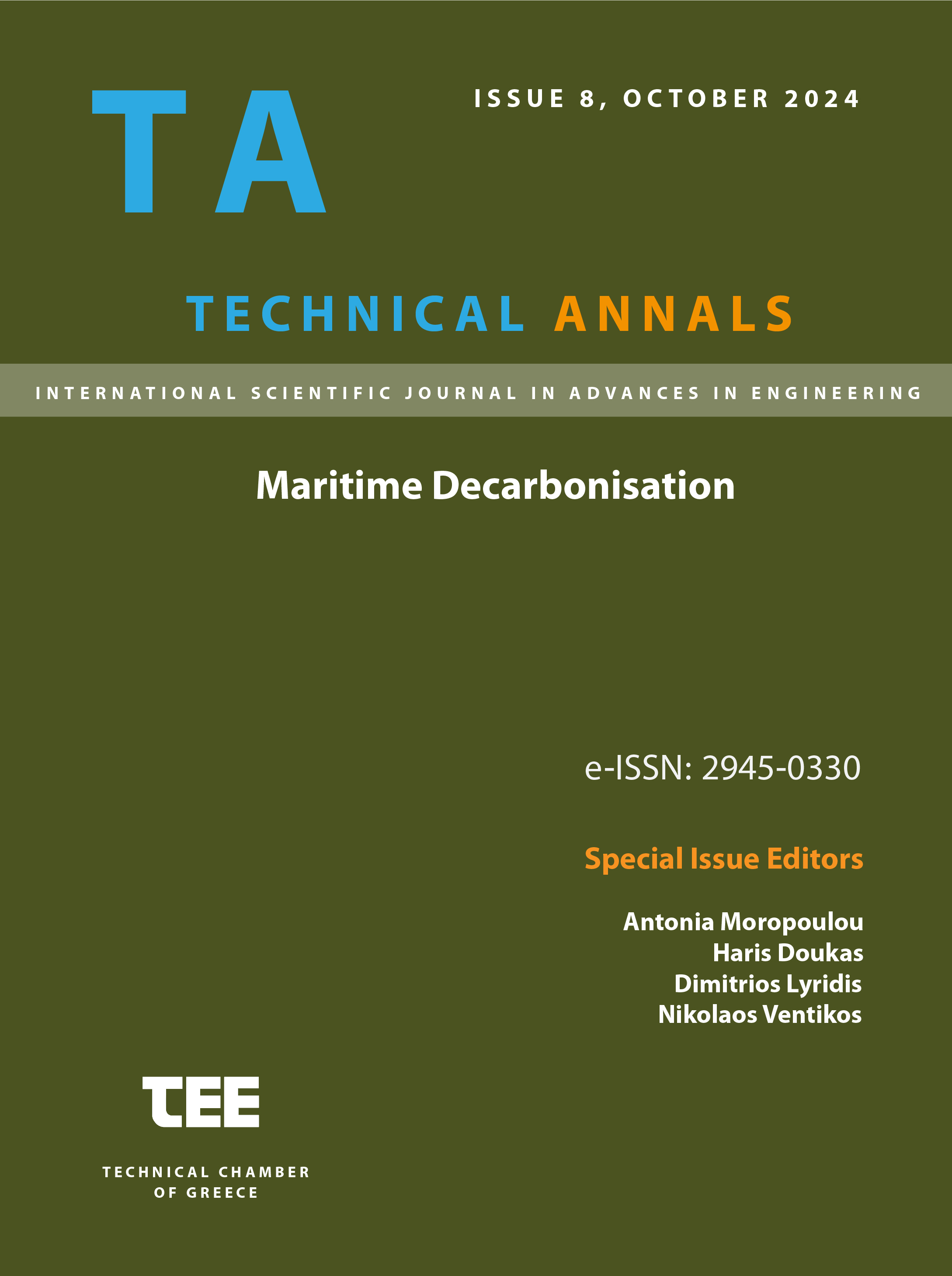Decarbonizing Ports for a Sustainable Future: Challenges and Strategies

Abstract
Ports are critical nodes in global trade and logistics, yet they are significant contributors to greenhouse gas emissions and local air pollution, presenting challenges for achieving sustainable development. This article explores the multifaceted efforts required to decarbonize ports, focusing on the integration of renewable energy, adoption of alternative fuels, investment in infrastructure modernization, efficiency improvement, and leveraging digital technologies. Drawing on case studies and a review of contemporary research, the paper identifies key strategies such as the implementation of shore-side power systems, predictive scheduling using artificial intelligence, and the development of port-specific microgrids. Despite technological advancements, barriers such as high capital costs, stakeholder misalignment, and fragmented policy frameworks hinder progress. The findings underscore the importance of international collaboration, regulatory alignment, and public-private partnerships to overcome these challenges. By synthesizing lessons from successful implementations worldwide, this paper provides actionable insights into decarbonizing ports while highlighting the environmental, economic, and social benefits of such transformations. Ultimately, this work argues for a systemic, collaborative approach to achieving sustainable maritime operations and advancing global decarbonization goals.
Article Details
- How to Cite
-
Kostidi, E., & Lyridis, D. (2024). Decarbonizing Ports for a Sustainable Future: Challenges and Strategies. Technical Annals, 1(8). https://doi.org/10.12681/ta.39896
- Section
- Naval Coastal and Maritime Design Engineering and Planning

This work is licensed under a Creative Commons Attribution-NonCommercial-ShareAlike 4.0 International License.


